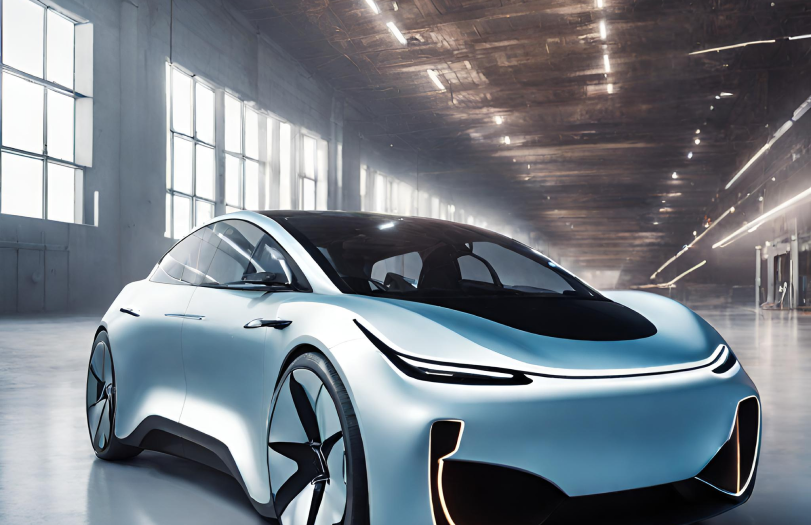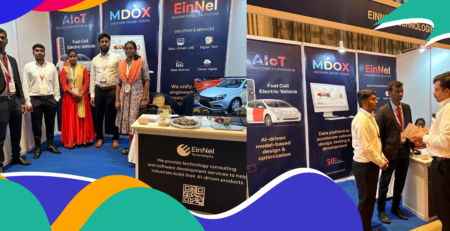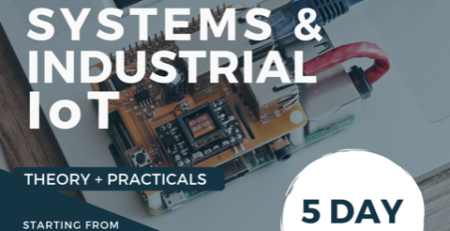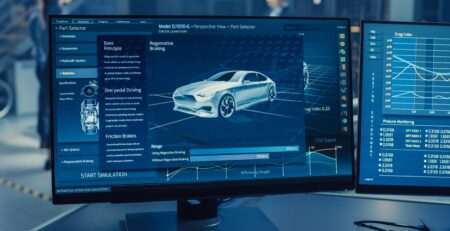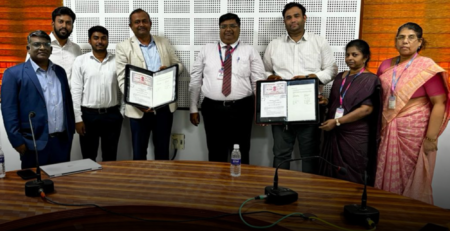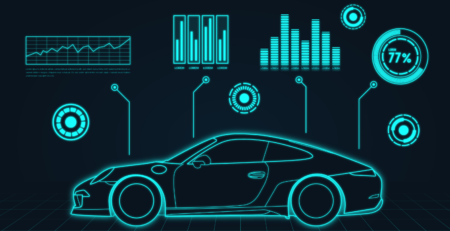Advancing Model-Based Design for Electric/Hydrogen Vehicles
Dr.Paul Sathiyan – Technical Director, Automotive Power Electronic Drives, AIoT, MBSE
In recent years, the automotive industry has witnessed a revolutionary transformation in vehicle manufacturing technology, with a significant shift towards sustainable and environmentally friendly options. Electric and hydrogen vehicles have emerged as frontrunners in this evolution, aiming to reduce carbon footprints and address the environmental challenges posed by traditional internal combustion engine vehicles. One key driver behind the success of these advanced vehicles is the adoption of Model Based Design (MBD) approaches.
MBD involves creating a computerized model of a system and using simulations to iterate and refine the design before physical prototypes are built. This approach allows engineers to detect and rectify issues early in the design phase, leading to significant time and cost savings.
In the context of electric and hydrogen vehicles, MBD proves particularly advantageous. The complex interplay of various components, including batteries, motors, and power electronics, demands a comprehensive understanding of the system’s behavior. MBD enables engineers to create detailed models that accurately represent the vehicle’s dynamics, energy flow, and overall performance.
The iterative nature of MBD allows for rapid prototyping and testing of different design configurations. Engineers can simulate various scenarios, such as different driving conditions and charging strategies, to optimize the vehicle’s performance. This iterative process not only accelerates the design phase but also enhances the final product’s quality by identifying and addressing potential issues early in the development cycle.
In addition to MBD, a data-driven approach further augments the efficiency of the design process for electric and hydrogen vehicles. The vast amounts of data generated by these advanced vehicles, from sensor readings to operational parameters, provide valuable insights into their real-world performance. Furthermore, a data-driven approach facilitates predictive maintenance, allowing manufacturers to anticipate and address potential issues before they escalate. This proactive approach not only enhances vehicle reliability but also contributes to a positive user experience, a critical factor in the widespread adoption of electric and hydrogen vehicles.
The integrated platform of EinNel Technologies, the “MDOX”, provides the system engineer the power of AI for the data and the Mathematical MBD platforms to achieve an optimized vehicle design for better performance and carry out predictive maintenance. The MDOX also allows refining of the models and simulations, ensuring a more accurate representation of the vehicle’s behaviour. The strong Machine learning algorithms employed by our Data Scientists helps in analyzing and interpreting the data patterns, aiding in the identification of potential improvements in efficiency, range, and overall performance of the system.
